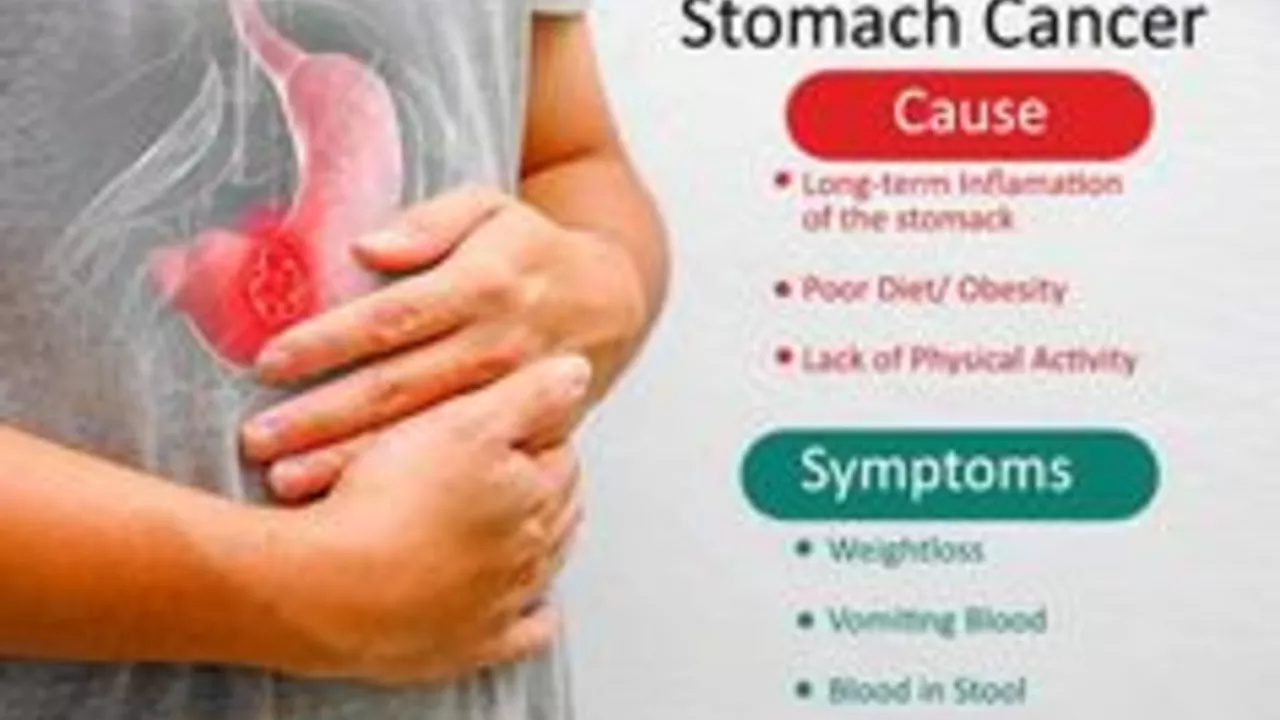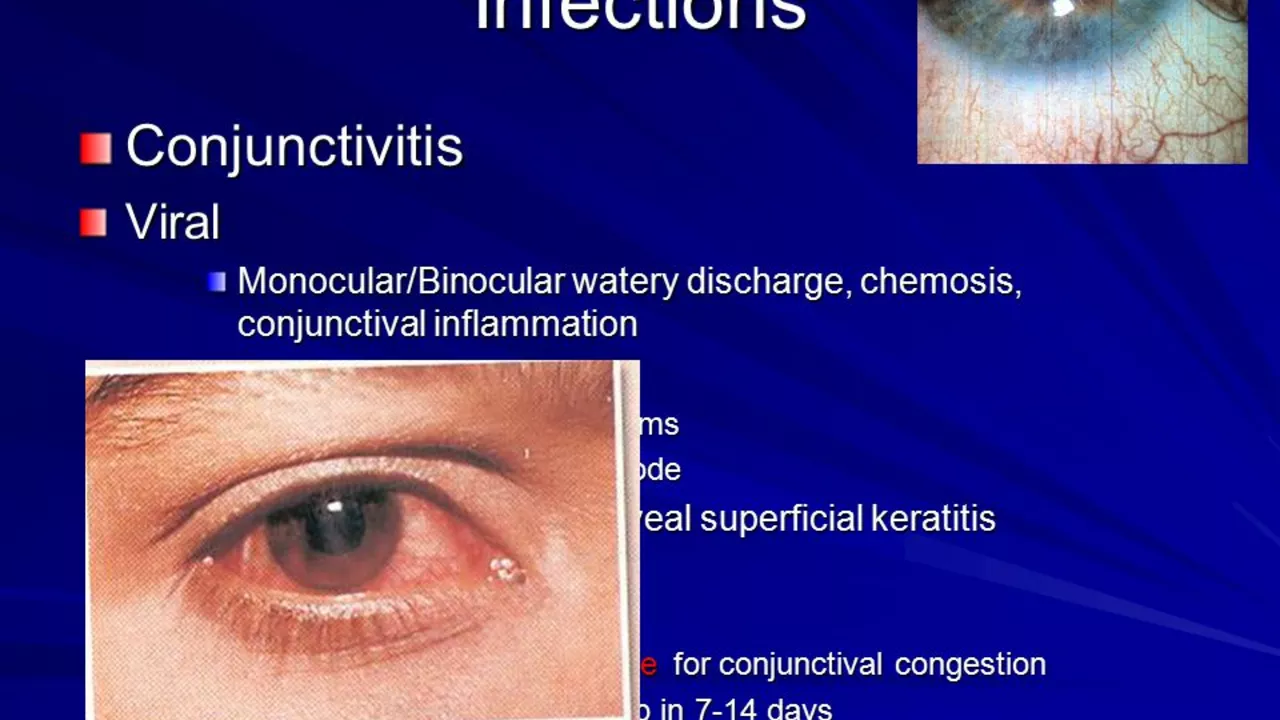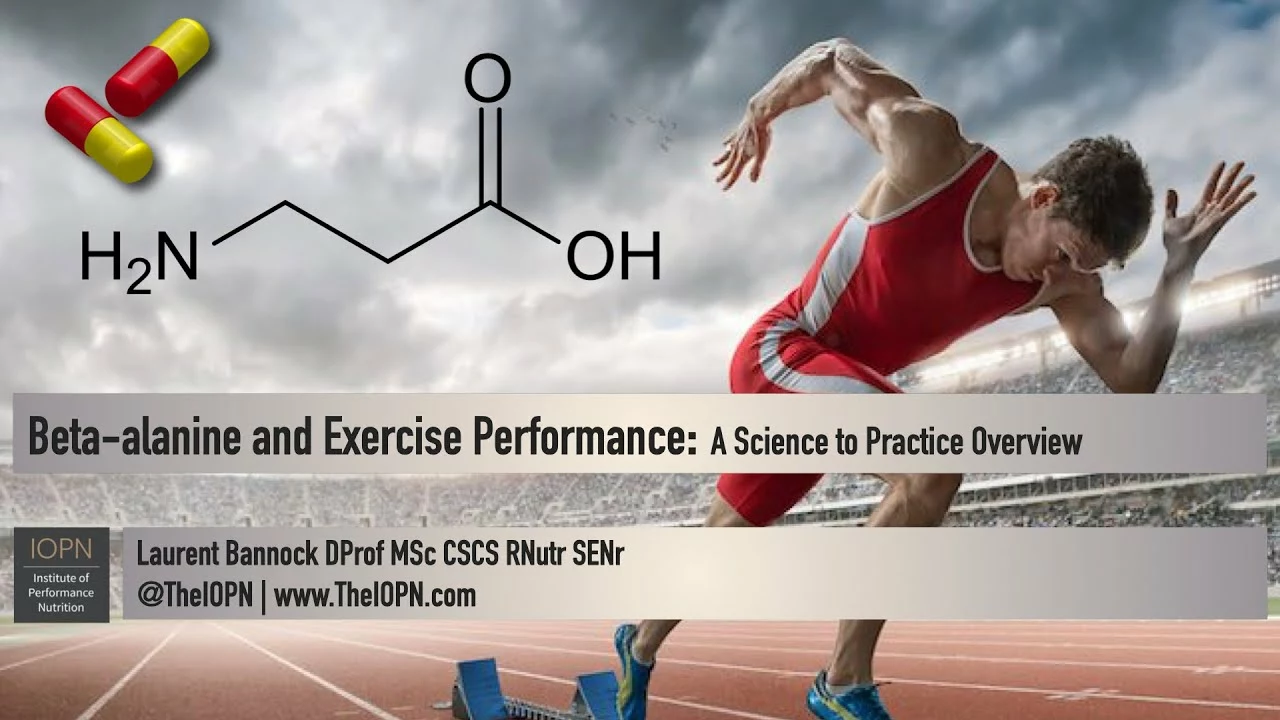June 2023 Archive — meds, supplements and allergy tips you can use
June’s posts span cancer meds, everyday vitamins, allergy trends and a herbal supplement you might not know. You’ll find practical pointers — like how a drug can change your daily life, which vitamins really matter for immunity, and simple steps to survive outdoor events when pollen is high.
One post looks at nilotinib, a drug used for chronic myeloid leukemia. Expect side effects that can affect sleep, energy and mood, but also big disease-control benefits. Talk openly with your provider about nausea, fatigue or skin changes — small dose tweaks, timing changes, or supportive meds often help. Keep a simple symptom diary for clinic visits: it makes conversations faster and more useful.
Vitamins matter for your immune system, especially A, C, D and E. Eat colorful fruits and veg for natural sources: citrus and peppers for C, leafy greens for A and E, fatty fish and sun exposure for D. If you struggle to get these from food, a daily multivitamin or targeted supplement can help — but check levels with your clinician before high-dose supplements.
Climate change is already shifting allergy seasons. Longer pollen windows and stronger pollen can mean more itchy eyes and congestion for longer stretches. Track local pollen counts, avoid peak-pollen hours (usually midday), and try a simple barrier like sunglasses or a light mask when you’ll be outside for long stretches.
Azelastine is a common antihistamine spray and tablet, but it can slow reaction time or cause drowsiness for some people. If you exercise or need sharp reflexes, test how it affects you before a game or a long run. Consider non-drowsy alternatives or change dose timing so peak effects don’t hit during workouts.
Pipsissewa is an herbal supplement with traditional uses for urinary issues and inflammation. People report benefits, but solid clinical evidence is limited. If you try it, use a trusted product, follow recommended doses, and tell your healthcare provider — herbal products can interact with meds or affect lab results.
Quick actions you can take
- Before outdoor events: take your allergy med early, wear sunglasses, and plan short breaks indoors. - If on nilotinib: keep a symptom log, ask about anti-nausea or sleep-support options. - For immunity: focus on food first, then test and supplement if needed. - If azelastine makes you drowsy, avoid driving or intense training until you know how it affects you.
When to call your doctor
Call your provider for severe or new symptoms—high fevers, sudden shortness of breath, fainting, uncontrolled bleeding, or severe allergic reactions. Also reach out if a supplement causes stomach upset, skin reaction, or you’re starting a new medication and want to check interactions. Quick reporting can stop small problems from getting bigger.
If one of these June posts sounds relevant to your situation, save the article, make a short list of questions, and bring them to your next visit. Small prep makes medical conversations faster and safer.

- 19 Comments
In my latest post, I delve into what one can expect in terms of quality of life while undergoing treatment with Nilotinib. This drug, primarily used for chronic myeloid leukemia, has some side effects that can impact daily living. However, the benefits often outweigh these issues, as Nilotinib can significantly slow the progression of the disease. It's important to maintain open communication with your healthcare provider to manage any discomfort or complications. Coping strategies and supportive care can also be hugely beneficial during the treatment.

- 6 Comments
In today's blog post, I want to highlight the crucial role vitamins play in maintaining a healthy immune system. Vitamins, particularly A, C, D, and E, are essential for bolstering our immune response and warding off infections. A well-balanced diet, rich in fruits and vegetables, helps ensure we get the necessary nutrients to stay healthy. Supplementation might also be an option for those who struggle to meet their daily requirements. Remember, a strong immune system is our body's first line of defense, so let's prioritize our vitamin intake and stay healthy!

- 12 Comments
As a blogger, I've recently been exploring the connection between climate change and allergic conjunctivitis. It's becoming increasingly clear that as global temperatures rise, so does the prevalence of this irritating eye condition. The main reason behind this is the extended pollen season, which exposes more people to allergens for longer periods of time. In addition, higher CO2 levels can cause plants to produce more potent pollen, further exacerbating the problem. This just goes to show that climate change not only threatens our environment, but also has a direct impact on our health.

- 15 Comments
I recently came across a study on the impact of azelastine on exercise performance and found it quite fascinating. Azelastine, an antihistamine, is commonly used to treat allergies, but it seems it may have some unexpected effects on our physical abilities. The research showed that azelastine might have a negative impact on exercise performance, as it can cause drowsiness and decreased reaction time. This is something to consider for athletes and fitness enthusiasts who rely on their alertness and quick reflexes during workouts. So, if you're using azelastine for allergies, you might want to consult your doctor about possible alternatives if you feel it's affecting your exercise performance.

- 13 Comments
I recently came across an incredible dietary supplement called Pipsissewa, and let me tell you, the health benefits are astounding! Pipsissewa is a small evergreen plant known for its powerful medicinal properties. It's been used for centuries to help with various ailments such as urinary tract infections, kidney stones, and even rheumatism. Not only does it have incredible healing properties, but it's also a great way to boost your immune system and overall health. I highly recommend giving Pipsissewa a try if you're looking for a natural way to improve your well-being.

- 5 Comments
Attending outdoor events during allergy season can be a real challenge for those of us with seasonal allergies. To manage these pesky allergens, I've found that taking allergy medications before heading out is a game changer. Additionally, wearing sunglasses helps protect my eyes from pollen and other irritants. Staying hydrated is also essential for flushing out allergens from our system. Lastly, I make sure to shower and change my clothes as soon as I get home to remove any lingering allergens from my body and prevent prolonged symptoms.
